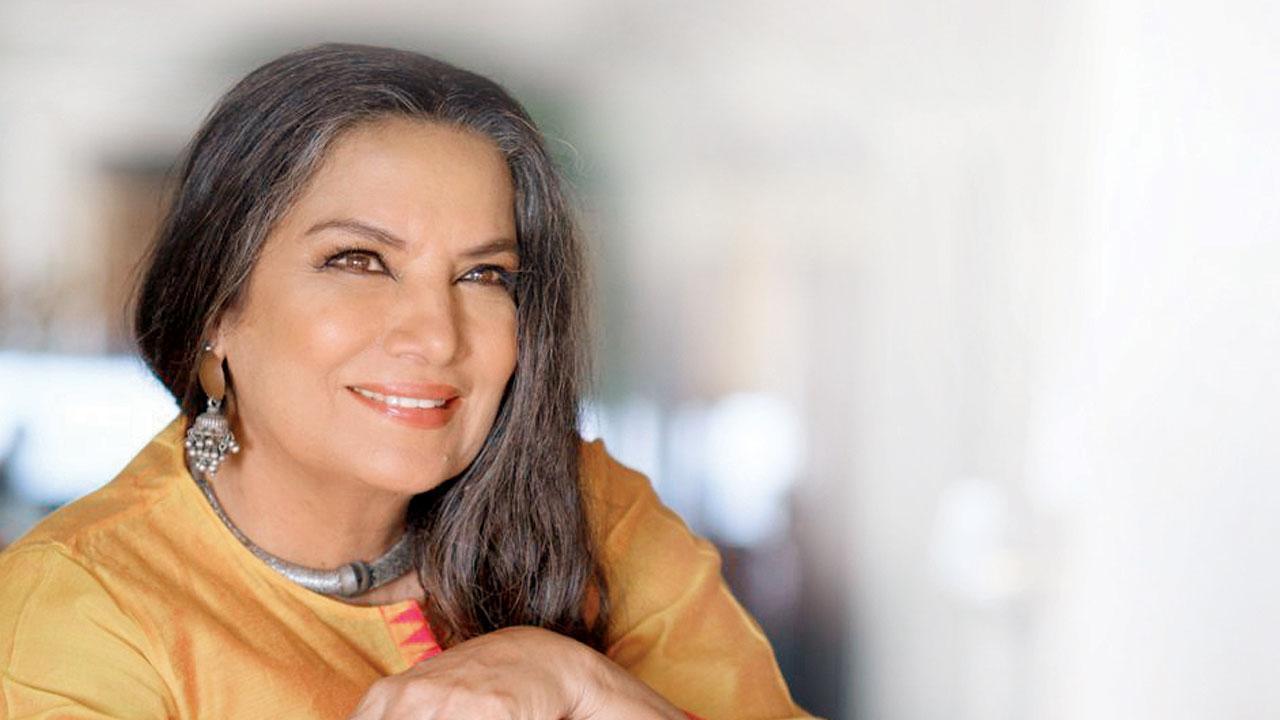
As the venerable artist Shabana Azmi marks half a century in the world of cinema, she finds herself commemorating not just a personal milestone but the evolution of the film industry and the empowerment of women within it. Azmi, who uttered her first dialogues on screen in “Ankur” (1974) as a young, hopeful actress, now reminisces about a journey she embarked upon with no grand design but which led to a remarkable and influential career in Indian films.
The UK Asian Film Festival (UKAFF) is celebrating this golden anniversary with a special program, “Celebrating the Golden Girl: Shabana Azmi,” at Somerville College in Oxford, showcasing her films and discussing her impact on the representation of women in Indian cinema. Beyond the festival’s accolades, on the 10th of May, Azmi will be receiving the esteemed Freedom of City of London Award. The City of London Corporation is set to bestow this honor on her in recognition of her significant contributions to Indian cinema and her unwavering advocacy for women’s rights.
Azmi has frequently underscored the synergy between art and activism, and she views the award as a testament to that bond; it is not just a personal honor but also a collective acknowledgment of the essential role of artists in driving socio-cultural change. Her journey through Indian cinema has been nothing short of inspiring, carving a niche in both the realms of thought-provoking independent films and the glitz and glamour of mainstream Bollywood.
In the last decade, while substantial roles for seasoned actors were scarce, recent years have seen a significant shift—a shift that Azmi herself has been a part of. With an array of varied roles now enriching her filmography, including her performance in the upcoming film “Rocky Aur Rani Kii Prem Kahaani” (2023), her continued presence on-screen challenges the industry’s age conventions and speaks to the progress in narrative diversity.
Azmi’s career is distinguished by her choice of roles that have advanced the portrayal of women in cinema—she has taken characters beyond the clichéd narratives, infusing them with layers and strength. From her debut in “Ankur” to her roles in “Nishant” (1975), “Arth” (1983), and “Godmother” (1999), she has pushed against the tidal waves of stereotypes and emerged as a beacon of gender equality in film.
Confronting the evolution of women’s roles head-on, she reflects on how the landscape has improved significantly over time. There was an era when meaningful roles for women were the sole domain of parallel cinema, but today, the commercial cinema that fills our theaters sees the likes of Alia Bhatt and Deepika Padukone steering complex narratives—this, Azmi believes, is an indicator of change within the heart of the industry where it counts most.
Progress is palpable not just on screen but behind the scenes as well. The surge of women occupying positions of authority on film sets and the increasing number of female storytellers are promising strides toward a filmic world with more woman-centric narratives. However, even with these achievements, the matter of pay disparity is a sore spot, though Azmi remains sanguine, positing that pay scales will eventually balance out as female-led films prove their financial viability at the box office. She reiterates that male stars must be willing to support this transition much like their female counterparts have done for years.
Reflecting on her illustrious career, a journey that has seen her collaborate with iconic filmmakers like Shyam Benegal, Satyajit Ray, and Sai Paranjpye and garner five National Awards, Azmi is asked about her favorite role. With her trademark wit, she responds that her best role is “yet to come,” keeping audiences and critics alike in eager anticipation. Her story—one of talent, perseverance, and activism—continues, with Azmi still at the forefront of an ever-changing industry that owes much to her influence.












